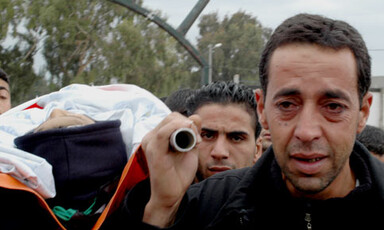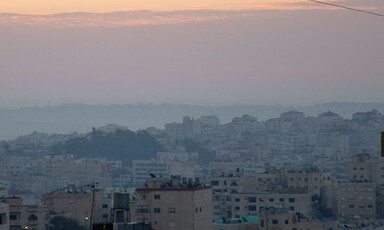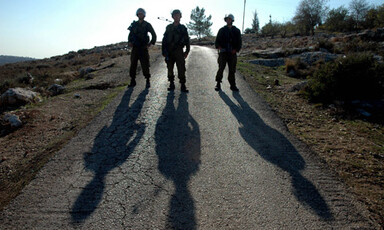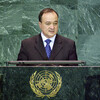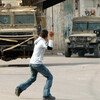
UN Committee: "'Decades of failed efforts to resolve question of Palestine"
10 November 2005
On November 10, 1975 the General Assembly of the United Nations adopted resolution 3376 establishing the Committee on the Exercise of the Inalienable Rights of the Palestinian People. Today is not a cause for celebration but rather an opportunity for all of us to reflect upon decades of failed efforts to resolve the question of Palestine. Today’s anniversary also reminds us that we have to redouble our efforts at bringing about a just solution of the question of Palestine. Since its inception, the Committee has advocated a peaceful solution of the question of Palestine in accordance with principles of international law. Yet, in response to events, the Committee continues to voice its concern. Read more about UN Committee: "'Decades of failed efforts to resolve question of Palestine"
